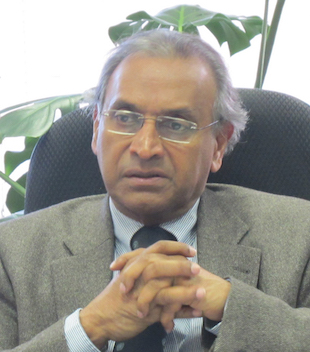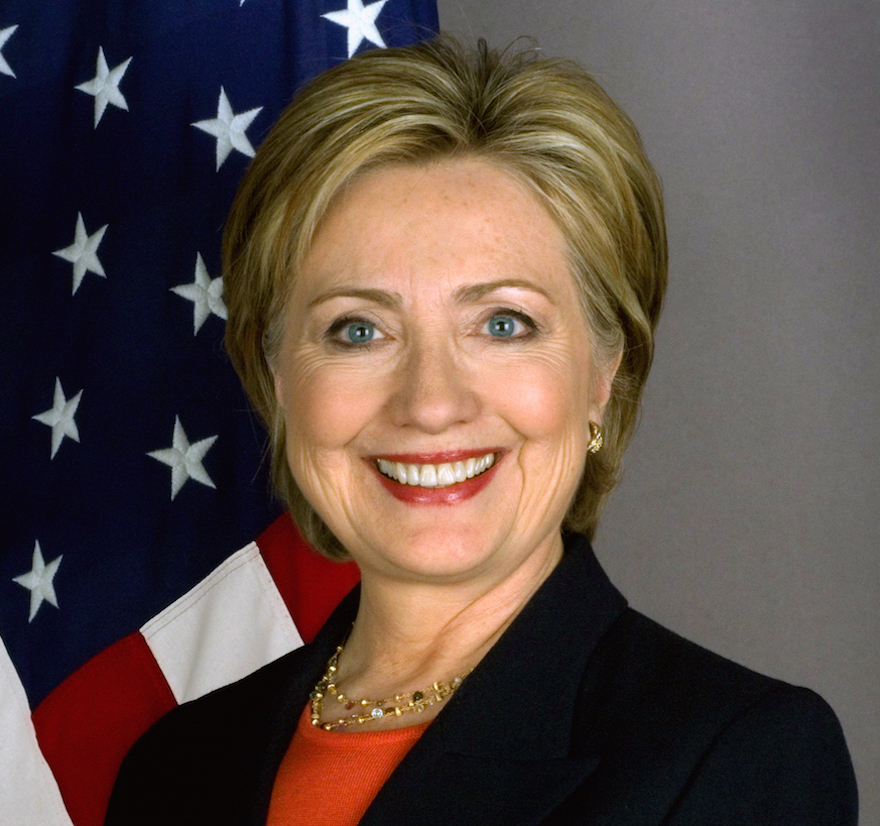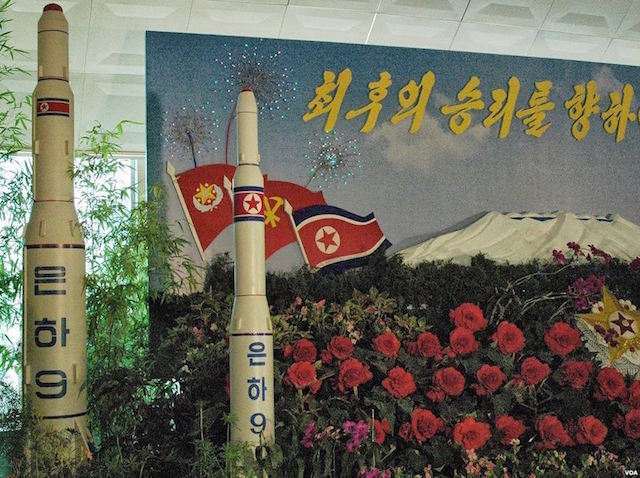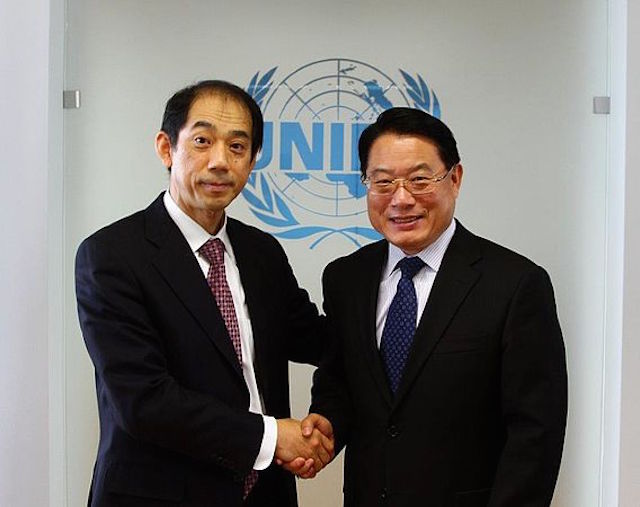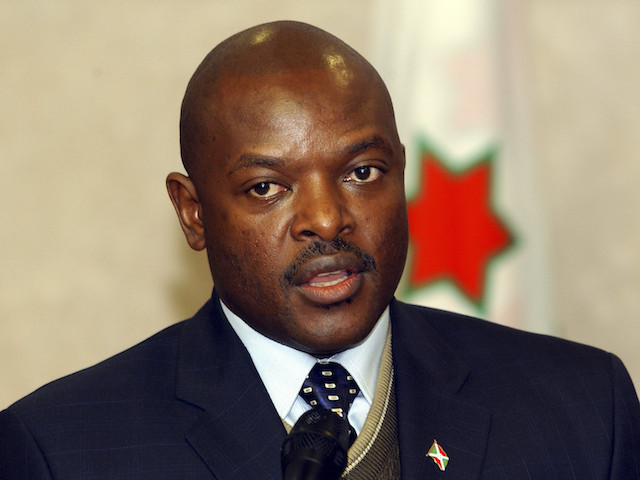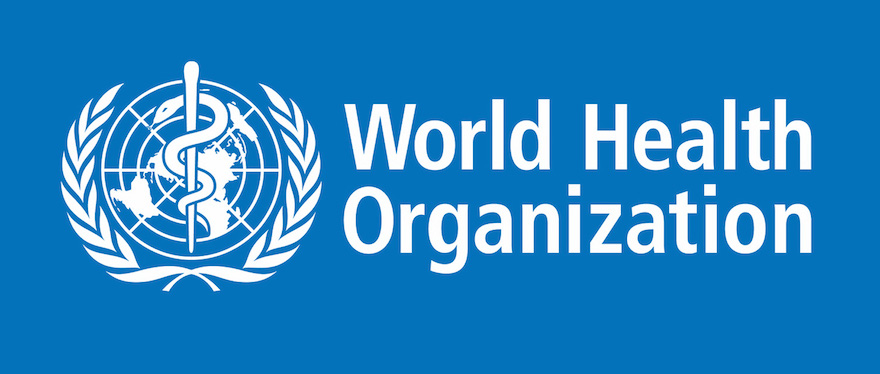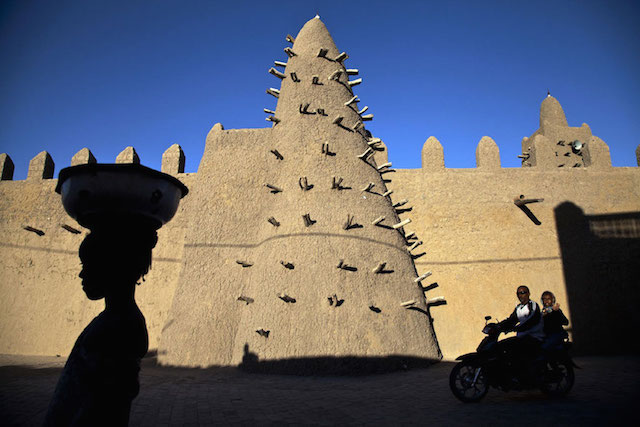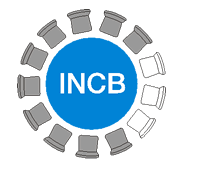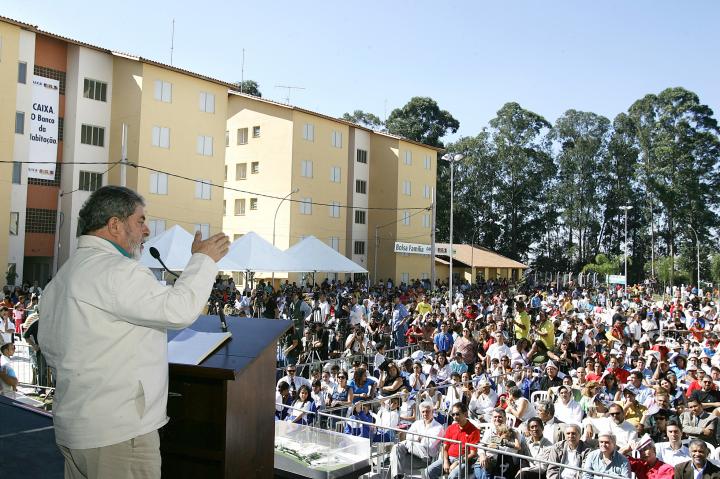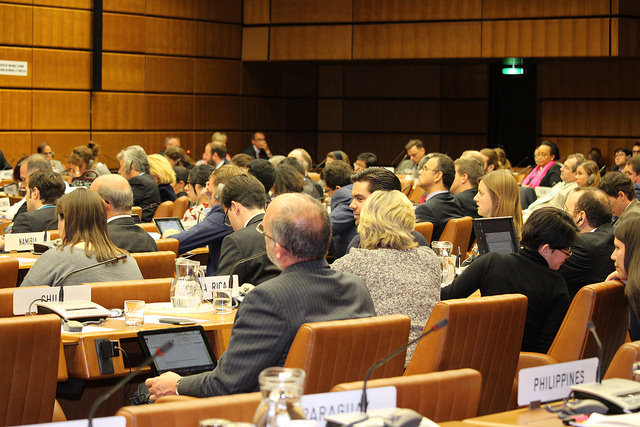By Jayantha Dhanapala* | IDN-InDepthNews Essay
KANDY, Sri Lanka (IDN) – The International Peace Institute, since its inception as the International Peace Academy in 1970, has focused on strengthening the multilateral process in the conduct of international affairs with the United Nations as its focal point. It is appropriate that in the 70th anniversary year of our indispensable global institution, the UN, an Independent Commission on Multilateralism should be established by the IPI to address 16 topics of relevance to the global agenda.
It is a necessary corollary to the seventeen Sustainable Development Goals that the international community has agreed to pursue. I welcome especially the Commission’s choice of “Weapons of Mass Destruction, Nonproliferation and Disarmament” as one of them.
Seventy years ago on January 24, 1946, the United Nations General Assembly meeting in London adopted its very first resolution and, significantly, by consensus. This historic resolution established a commission of the UN Security Council to ensure:

